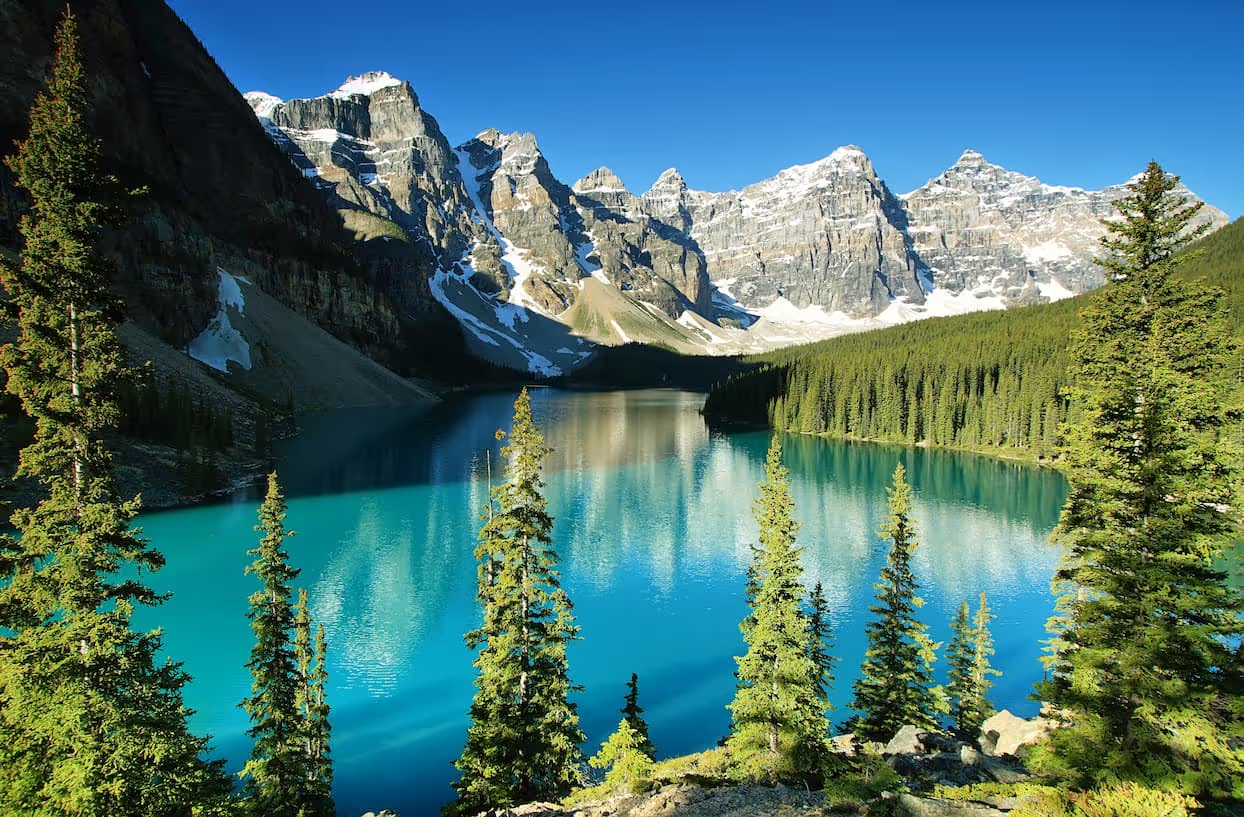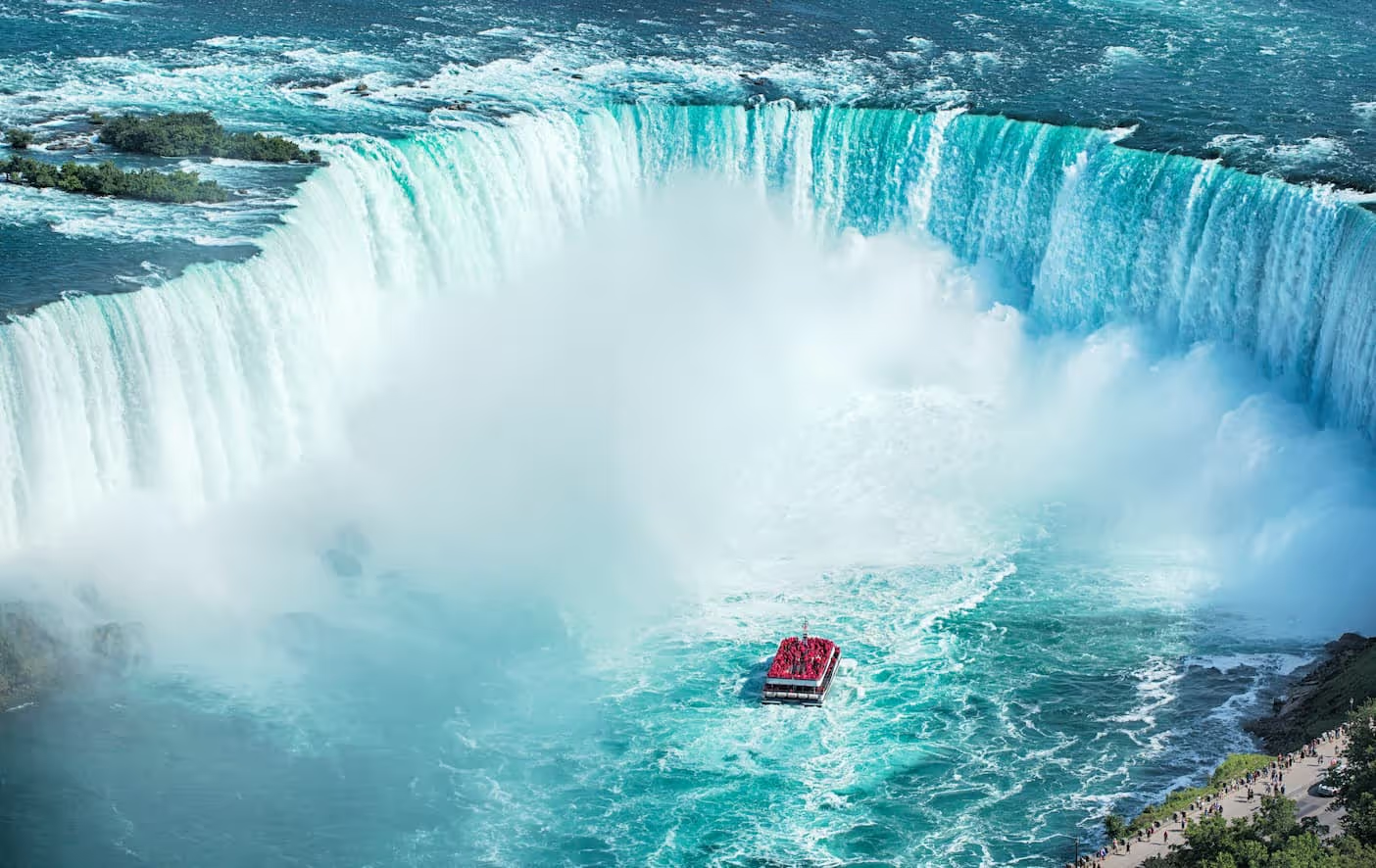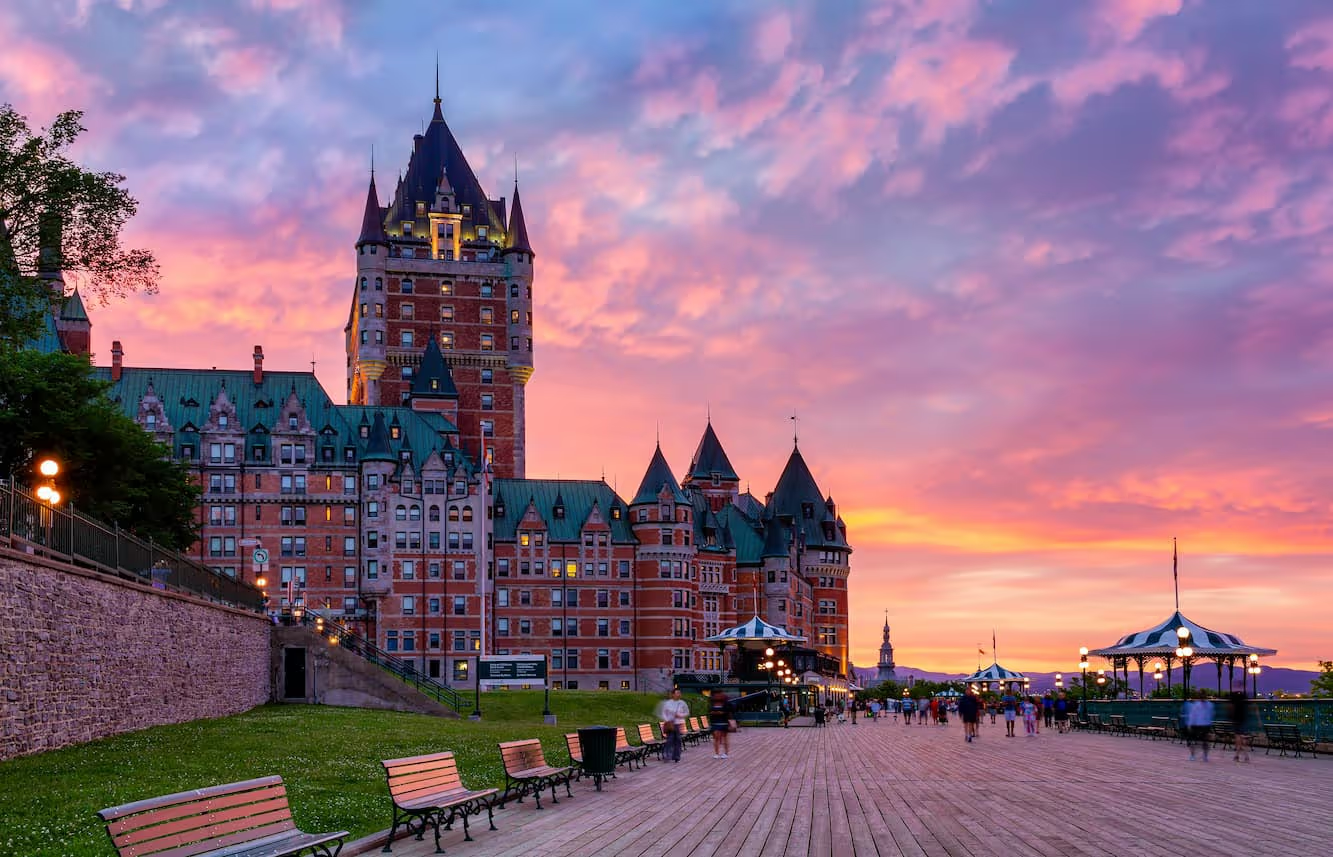Canada, the second-largest country in the world by land area, is celebrated for its stunning natural beauty, multicultural society, and high quality of life. Known for its towering Rocky Mountains, vibrant urban centers like Toronto and Vancouver, and friendly people, Canada offers a welcoming environment for both expatriates and digital nomads. Its well-regarded healthcare system, robust infrastructure, and emphasis on inclusivity make it an ideal destination for those seeking a new home. With opportunities for adventure in its vast wilderness and a dynamic cultural scene in its cities, Canada provides a balanced and enriching lifestyle. While the winters can be challenging, the warmth of its communities and the country's commitment to personal freedom make it a top choice for many.
Culture
Canada’s culture blends Indigenous traditions, French and British heritage, and multicultural influences. Festivals like Canada Day and the Calgary Stampede highlight its diverse identity, while Indigenous practices are increasingly celebrated. Canadians value politeness, inclusivity, and a love for the outdoors, with activities like hiking, hockey, and skiing forming an essential part of life. The arts and culinary scenes are equally vibrant, offering everything from poutine to global cuisines in its cosmopolitan cities.
Do's and Don'ts
✅ Do respect diversity: Canada values multiculturalism; be open and inclusive.
✅ Do enjoy outdoor activities: Canadians love nature and outdoor sports.
✅ Do tip in restaurants and cafes: A standard tip is 15-20% of the bill.
❌ Don’t ignore Indigenous culture: It’s an integral part of Canadian identity.
❌ Don’t underestimate the winter: Dress appropriately and be prepared for snow.
❌ Don’t confuse Canadians with Americans: Canadians take pride in their distinct identity.
Government
Canada operates as a federal parliamentary democracy and a constitutional monarchy, with the Prime Minister as the head of government and the King represented by the Governor General as the ceremonial head of state. Provincial and territorial governments hold significant power, managing education, healthcare, and transportation locally. The judiciary functions independently, ensuring the rule of law and protecting individual rights, which are enshrined in the Canadian Charter of Rights and Freedoms.
Social media
Social media plays a central role in Canadian life, both socially and professionally.
- Facebook and Instagram: Widely used for personal networking and lifestyle sharing.
- LinkedIn: Popular for professional connections.
- WhatsApp and Messenger: Common messaging platforms.
- TikTok: Gaining traction among younger audiences.
- Twitter: Used for news and discussions.
National sport
Hockey is not just Canada’s national sport but a cultural phenomenon, with deep roots in community and professional levels. Winter rinks become gathering spots, and events like the Stanley Cup Finals ignite national pride. Lacrosse, the country’s official summer sport, reflects its Indigenous heritage, symbolizing strength and tradition. Both sports are integral to Canada’s identity and connect people across its vast regions.

.png)
.avif)
.svg)














.avif)









.svg)






.svg)
.svg)
.svg)
